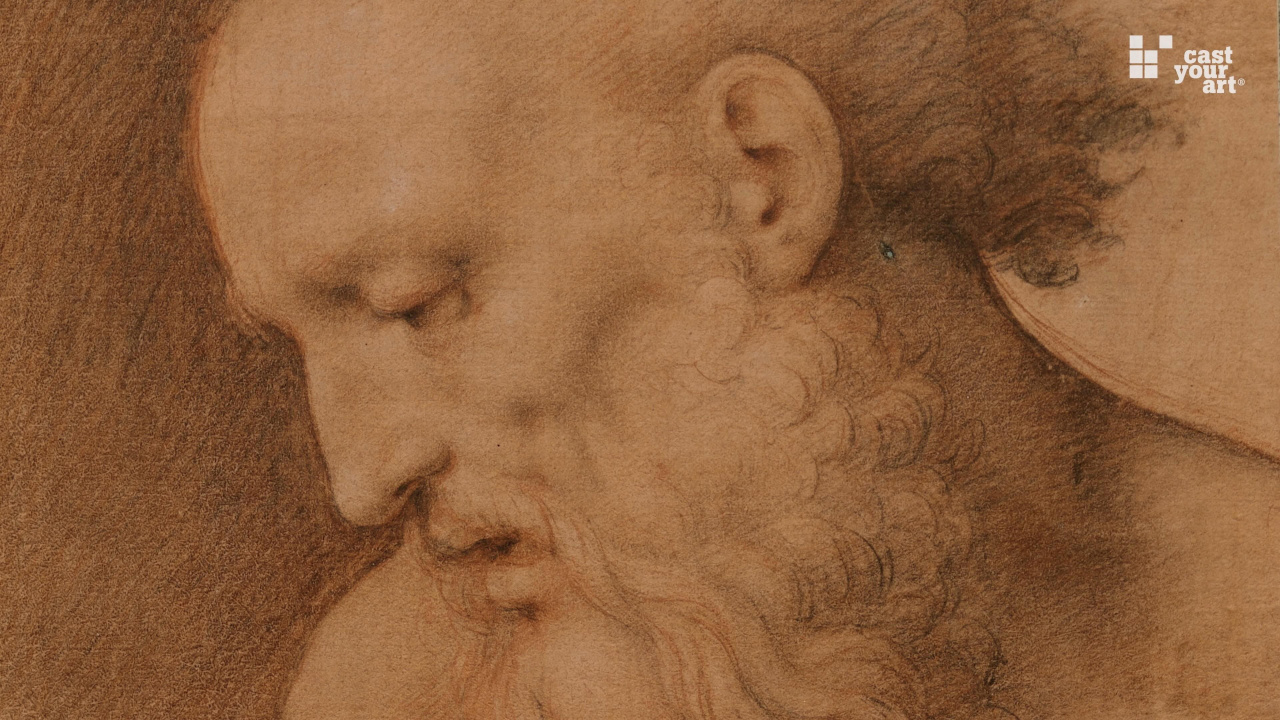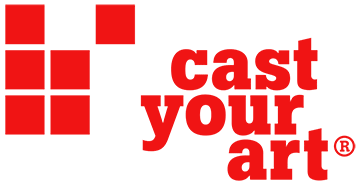Miguel Alvear - Tableaux popular
In his work, the Ecuadorian artist Miguel Alvear works with motifs that originate from the pop culture worlds of South America. He mixes popular icons with historical, mythological, and art historical examples. Sometimes he brings together images from different social environments, combining things that normally try to stand apart due to taste or class distinctions. This approach to art, which ignores the concerns of snobbery and taste, creates friction. In his work, Popular Mechanics, commissioned by the City Museum of Quito, Miguel Alvear reestablishes the flashy, over-the-top style of female Tecnocumbia dancers in the imagery the local public bus drivers like to display on their dashboards. In the end, his work, which is basically reflecting the taste of the public, was not accepted by the museum as a symbol of Ecuadorian culture.
Miguel Alvear comes from a film and video background. He studied at the Institut des Arts de Diffusion in Belgium and then at the San Francisco Art Institute in California. This cinematic background comes through in his photographs, which are like cinematic still images – Tableaux Vivants, which mix the sacred with the grotesque, the fluid with the static, landmarks with garbage, and, like in the Tecnocumbia songs, religious language with sexually provocative imagery.
In his most recent film, Blak Mama, Alvear captures the hybrid visual language of religious pagan rituals, such as the annual celebration in Latacunga in honour of "Mama Negra". The parade held there does not only refer to the rescue of the city by this holy figure. Its visual language also alludes to the suppression of the native population by the Spanish colonialists, the mixture of religions that emerged from a not fully successful Christian mission and further influences of the religious concepts of the African slaves, of Bolivian and Guatemalan immigrant workers, and not least of all, the necessity of throwing wild celebrations.
The artist's film is not documentary. The imagery of the festival, its characters and their visually symbolic power are a reference, he places them into situations, which unearth buried layers of the collective unconscious or give voice to the suppressed, which is present in the parade, but only subliminally articulated. "Personal transformation stems from insatisfaction, desire and fantasy. When wanting to become the other, cross-dressing is the first step to take. Dress like him, dress like her. And dance." (wh/jn)
The movie premiere of Blak Mama takes place at the 6th of March at Ochomedio Cinema in Quito and Tumbaco.
Das könnte Sie auch interessieren

BEN WILLIKENS. Cold – Chambers
9. March 2022
TITIAN. Beauty – Love – Poetry
19. October 2021
MODIGLIANI. The Primitivist Revolution
9. October 2021
ALBERTINA TOURS & TALKS. Xenia Hausner im Gespräch mit Albertina Kuratorin Elsy Lahner
15. June 2021
LEONARDO – DÜRER. Drawings on Colored Ground. Part 3, On the Use of Paper
23. April 2025
GABRIELLE KOURDADZÉ. À la ligne
28. February 2025
DEATH AND THE MAIDEN. Young Ukrainian art at the Bank Austria Kunstforum Wien
11. November 2022
